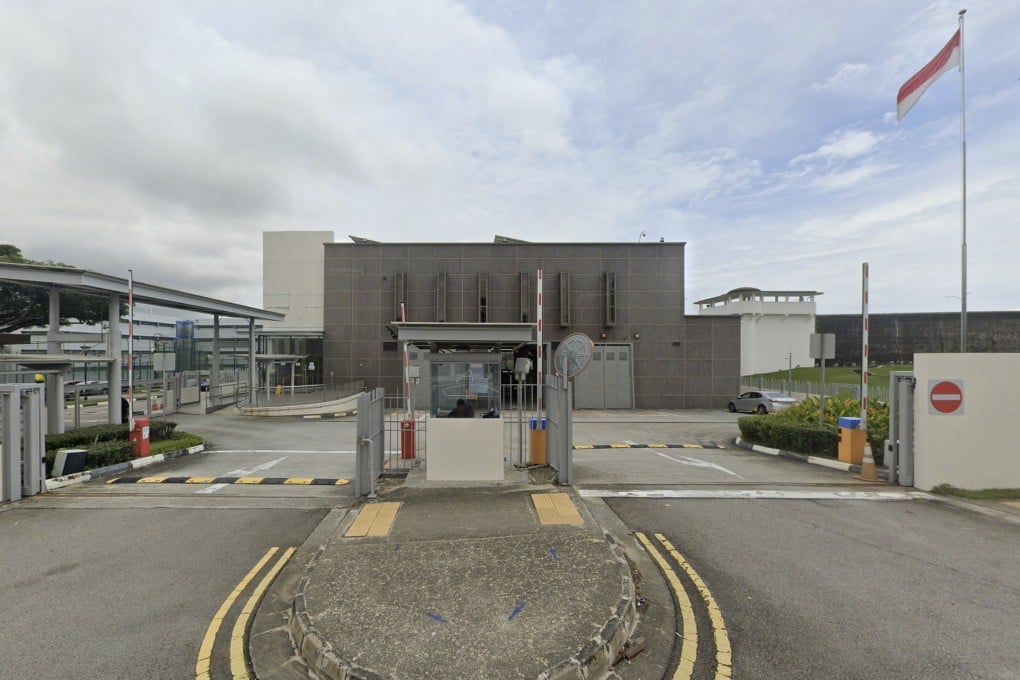‘Like being in a fishbowl’: spotlight on Singapore’s prisons over facial recognition technology
- Advocates say the use of facial recognition technology violates prisoners’ privacy and increases risk of bias against minority communities
- India and Australia also employ AI-based surveillance systems to keep tabs on prisoners – despite warnings that it’s ‘riddled with errors’

“Sometimes, the facial recognition cameras would turn on at odd times, without warning. Or the behaviour detection would alert the guards if people were just exercising in the cell,” said Tan, 26, a former inmate, who asked to go by his last name.
“I was arrested for a non-violent crime, yet made to feel like a dangerous terrorist who had to be watched all the time,” said Tan, who served two terms in prison of up to a year for smoking cannabis, a banned substance.
Officials say the technologies being used and piloted in the city state’s Selarang and Changi prisons improve “effectiveness and efficiency”, and free up guards to focus on prisoner rehabilitation and other “more value-added work”.

Former inmates like Tan and human rights groups, however, say the constant surveillance violates prisoners’ privacy, that AI-based systems can be inaccurate and biased against minorities in particular, and that there is little clarity about data use.
